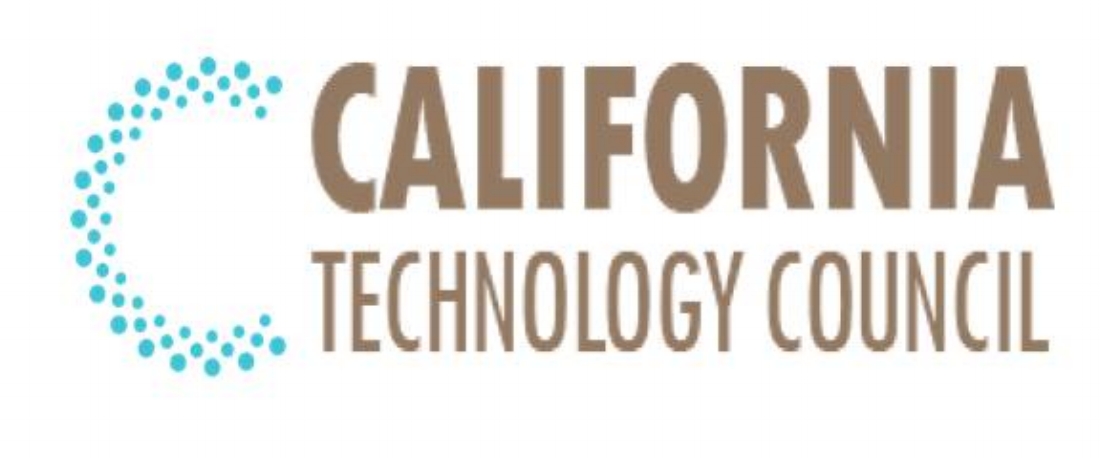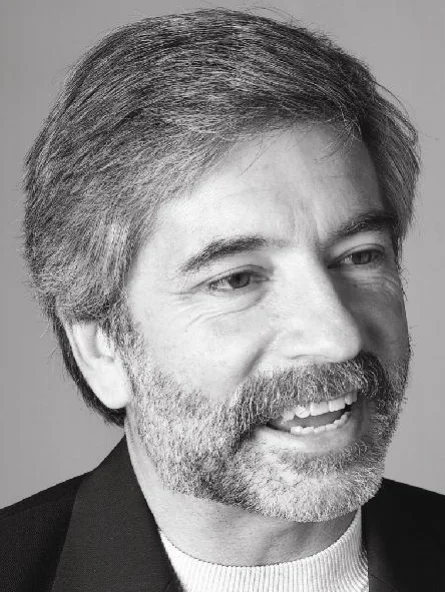"Leadership Profiles" is a CTC series on the leaders, volunteers, and team members who drive all aspects of the organization and its communities.
Stuart Robbins joined the California Technology Council two years ago, accepting the role of Advisory CIO in January 2018. In this role, Stuart drives the organization's efforts to build processes that enable collaboration and knowledge sharing, with systems that will empower members to connect and make the most of their CTC engagement.
Stuart is the author of "Lessons in Grid Computing: The System is a Mirror," a critically acclaimed book on the personality of information systems. See Stuart's LinkedIn profile for more on his background.
We interviewed Stuart regarding his goals for this role, and some of his most important lessons based upon his prior experience.
CTC: Stuart, you've been a C-level leader in several technology companies as well as an executive consultant for various public and private sector organizations. What was your first engagement as a CIO? What challenges intrigued you about that role, and would you have done anything differently in hindsight?
SR: I joined a startup called VitalTone in 2001 (soon after, renamed Jamcracker) as employee 35. Jamcracker, one of the earliest SaaS providers (it was called an ASP then, or Application Service Provider) grew to 350 employees in the next year, offering an integrated desktop of hosted applications (iPass, Corio, and a new company called Salesforce.com). This meant all of our systems were external – as such, we identified a new role for next-generation CIOs: externally-facing, customer-focused, partner-oriented.
It was the beginning of a new era for IT executives (my white paper entitled “The New Role of CIO” was downloaded from our website 60x a week for more than a year), and I spent most of my time working with other CIOs on IT Thought Leadership rather than wrestling with internal systems. I met and learned from some remarkable individuals during that time, and no, I wouldn’t have changed one thing, in retrospect.
CTC: You've worked in multinationals as well as startups. Which aspects of each of those are the most interesting for you?
SR: Large companies and small, public and private, for-profit or non-profit, across every industry and domain: it’s all about solving problems. It’s true, I suppose, that there are certain social or moral problems in life that have no apparent solution, but in business, even the thorniest organizational problems can be solved. I’m drawn to the most complex, from analysis to diagnosis to restoration. Basically, I like to fix broken things.
CTC: With CTC's broad membership across multiple industries, and the passion of the people involved to share, mentor, and contribute to the vitality of our technology community, what challenges do you see in building a connected community of members?
SR: Time. Everyone is busy. Our lives are filled with existing commitments and obligations. It takes time to build and nurture a connected community, and it takes time for members to become engaged in a useful way.
CTC: Is it really true that the dynamics of a service organization make for needs totally different from a private sector company building IT infrastructure?
SR: No.
CTC: You've written books on executive leadership and information systems. What are your Top 3 “lessons learned” you might offer to a first-time CEO/founder in California? How do they ensure innovation? How do they ensure growth?
SR: There are no magic formulas, and there are exceptions to every rule we teach in MBA programs. That said, I can offer a few lessons I’ve learned from some very smart people along the way:
1. Geoffrey Moore, whose book "Crossing the Chasm" should be required reading for every future founder, offered an important perspective on “innovation” during a Churchill Group event a few years ago: everyone can innovate.
An IT Help Desk staff person who discovers a better way to update laptops is an innovator. A project manager who identifies a better way to communicate with her executive sponsor is an innovator. It isn’t just about the next Big Thing or raising billions of dollars.
2. Jeff Miller, who was then the CEO of Documentum, listened patiently to my idea for a startup in 2001, then reminded me that 90% of startups fail, even those based upon a terrific idea, and that I should be ready for years of sacrifice with no guarantee of reward.
Jeff told me I should even be prepared to risk my family’s happiness for business success, if that’s what it takes. He was right, and I should have listened to him.
3. Finally, here’s one that is easily and often over-looked by the tech community: solving technology issues is easy with enough money and enough time. What’s the problem, then?
The people. The root cause of every failed project or product can be traced to teams that aren’t communicating with each other, managers that aren’t listening to bad news, and executives ignoring the unhealthy aspects of the organizations they lead.
For those who need a memorable motto, here’s something I once said to Mohamed Muhsin when he was the CIO of The World Bank. Mohamed told me he should post this on every IT employee’s desk: “Our systems won’t talk to each other if our people aren’t talking to each other.”
CTC: As a follow-up for those founding CEOs, do you have any advice on the benefits of their membership in CTC and how to make the most of the business development opportunity for their organizations?
SR: My guidance is fundamentally simple: every leader should seek out the good advice of those who have traveled this road before. Listen, and learn from that advice.
Of course, the challenge for new entrepreneurs is two-fold: 1) finding the time to locate capable advisors when there are so many other urgencies that fill their days, and 2) finding the humility to listen to that advice. At our best, the CTC offers valuable services and reliable channels to good advice, and good advice is always valuable. Always.
CTC: Having 'been there and done that' as a CIO, startup founder, university lecturer and author, what sort of challenges will you be looking for next?
SR: When I was ten years old, my summer camp counselor told us that we should always strive to “leave each campsite better than we found it...”
The principle, it seems to me, applies in any circumstance, and underlies my answers to many of these questions. Our efforts should always be based upon Robert Greenleaf’s notion of the Servant Leader. To me, that kind of service means helping others to solve problems (social, civic, business) in ways that improve the quality of life, and I remain quite interested in any opportunity to do just that.


